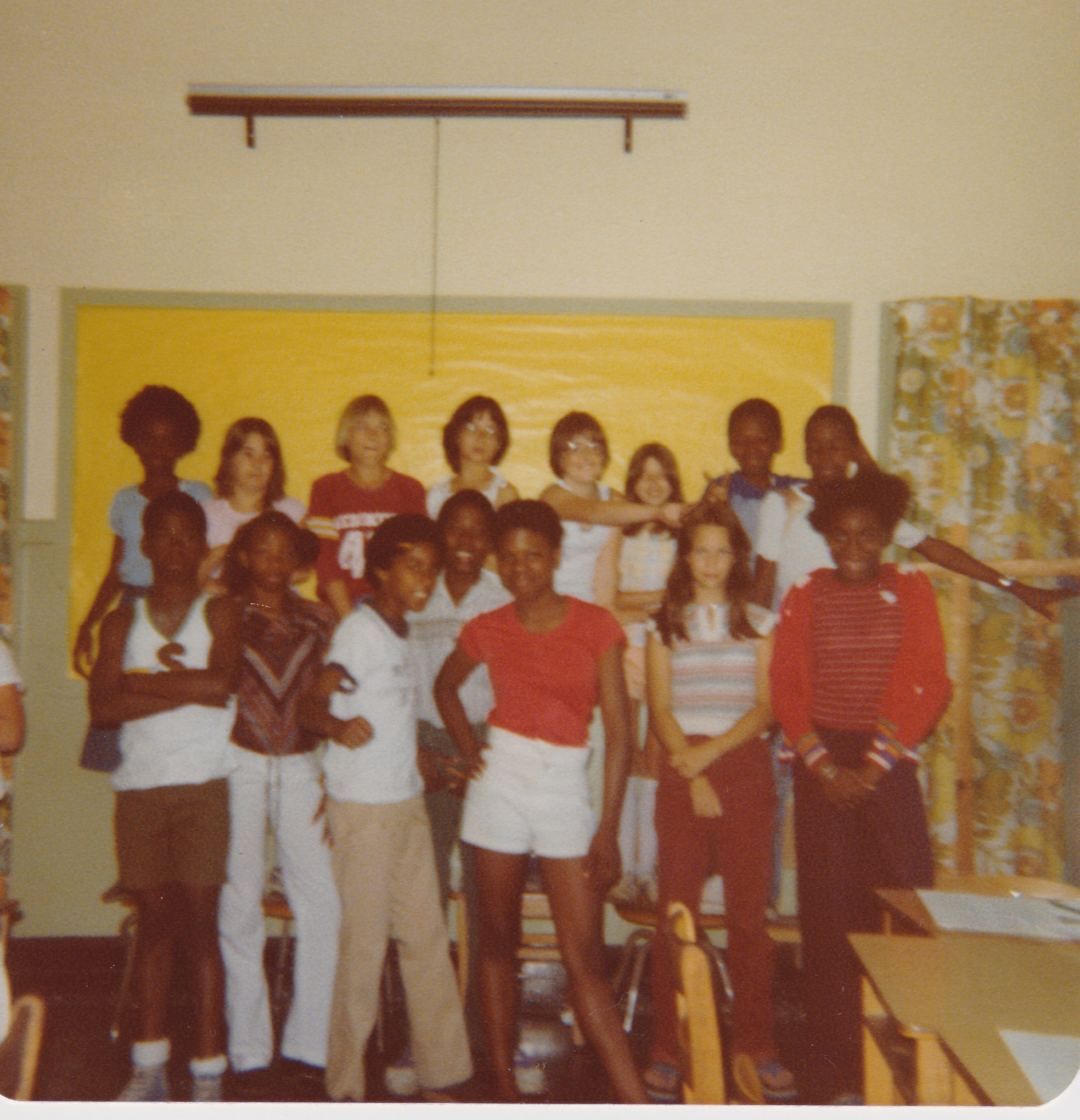No single method of discipline will work for every student in every situation. Each student is different and may need a different approach. And the student who always does what they’re supposed to but is having a bad day will require a different approach than a student who never does what they’re supposed to. It’s important that you get to know your students as individuals. It’s important that you have a lot of grace and forgiveness. Consequences? Yes, but they can be delivered with grace. Here are some discipline techniques I have had success with:
Lunch Detention: I have run my own lunch detention with quite a bit of success over 25+ years of teaching.
- Keep it simple – This form of discipline has been used by me for relatively minor infractions. For example – student is not being quiet during instruction after a reminder from me.
- Make it short – I usually issue these for 5 minutes. Students can eat their lunch during this time but there is absolutely no talking. Talking or being on a device starts the time over. This was the most effective with a middle school class I had that was immediately followed by lunch. I simply held them in. In other situations, students often “forgot” they had detention. I kept meticulous notes to myself. The time doubled to ten minutes.
- Make sure you follow the law – Many states have a law that requires a minimum amount of time for lunch. In Colorado, I found that the schools I taught in always exceeded this time so I was not in violation.
- You must have good admin support – The reason this has been so effective for me is that I was able to threaten an office write-up if they didn’t accept this minor punishment.
- Is it effective? I almost never had to give a second lunch detention for the same offense. In only 1-2 instances did the incident escalate to require an office referral. I think this technique was VERY effective for me. However, I spent a lot of time developing relationships and making sure the students knew I appreciated them.
Concert Week: I used to constantly remind students how they’re supposed to behave in concerts. Most behaved, but some wouldn’t – But some of them wouldn’t behave at the concerts, they’d be talking or texting. Here’s the procedure I use a couple of days before the concert…
- Walk to the stage and practice getting on the stage
- Talk through the concert (or play through if you have time)
- Practice getting off the stage
- Practice sitting quietly in the audience and talk about proper audience behavior
I remind the students, “You are smart! I’m sure you understand how it works with just 5 minutes of practice. If you decide not to follow our concert day procedures, you will spend 5 minutes a day for a week here with me practicing the procedure so you will have it down next time.”
In 20 years of using this approach, there was only one group of 5 students who did not follow the procedures. I spent 5 minutes of my lunch time having them practice being quiet in the auditorium. It paid off!
Move around the room – See the section on class set-up. I spend less than half my time on the podium. I create aisles in my classroom. I am constantly moving throughout the ensemble. It helps with discipline, it helps with preventing unauthorized phone use, and it helps me hear mistakes I may not have heard.
James Divine is a retired teacher (but still teaches half time). He spends his time leading professional development sessions for teachers and creating curriculum like Why Don’t They Teach That In School . Check out informative videos on his YOUTUBE channel.
